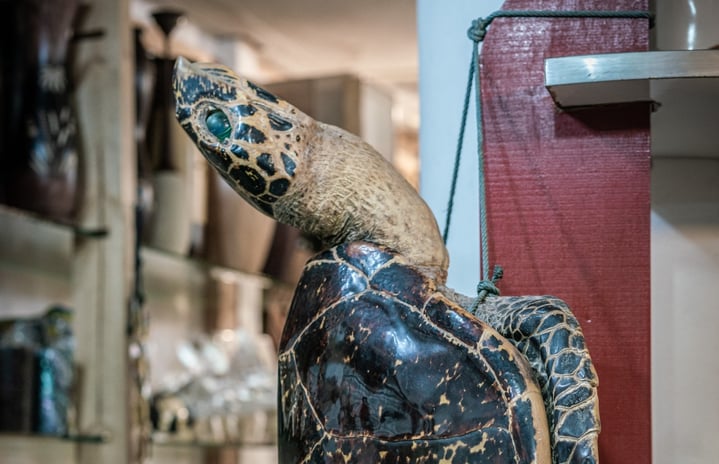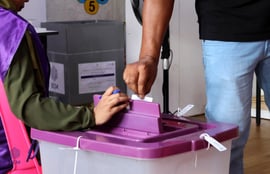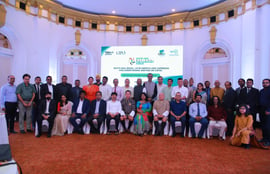Andy Ball is a marine biologist and freelance underwater photographer, videographer, and virtual reality filmmaker, with a passion to promote conservation, and tackle environmental and social issues through his craft.
In this photo-feature, Ball takes a daring look into the underbelly of tourism in the capital city of Maldives, Male' - the often overlooked trade of illegal wildlife.
In the wake of the 18th meeting of the Conference of the Parties to the Convention on International Trade in Endangered Species of Wild Fauna and Flora (CITES CoP18) in August 2019, of which Maldives has been a member Party since 2012, Ball's haunting photography highlights the need for better enforcement of the environmental laws in the island nation, implemented on paper but, for the most part, not in action.
Maldives Illegal Wildlife Trade, by Andy Ball
The Maldives archipelago has fast become one of the world’s top tourist destinations. Underlying this famed tourism industry, the country is dealing with some serious environmental pressures that threaten the country’s unique natural environment. Seldom talked about, the illegal wildlife trade at tourist shops across the capital city Malé sells some of the world’s most endangered species. Many of the species for sale in the shops are illegal to sell under Maldivian law, as well as to export under the country's membership in CITES. Over the course of five days, I documented the illegal wildlife trade in Malé.
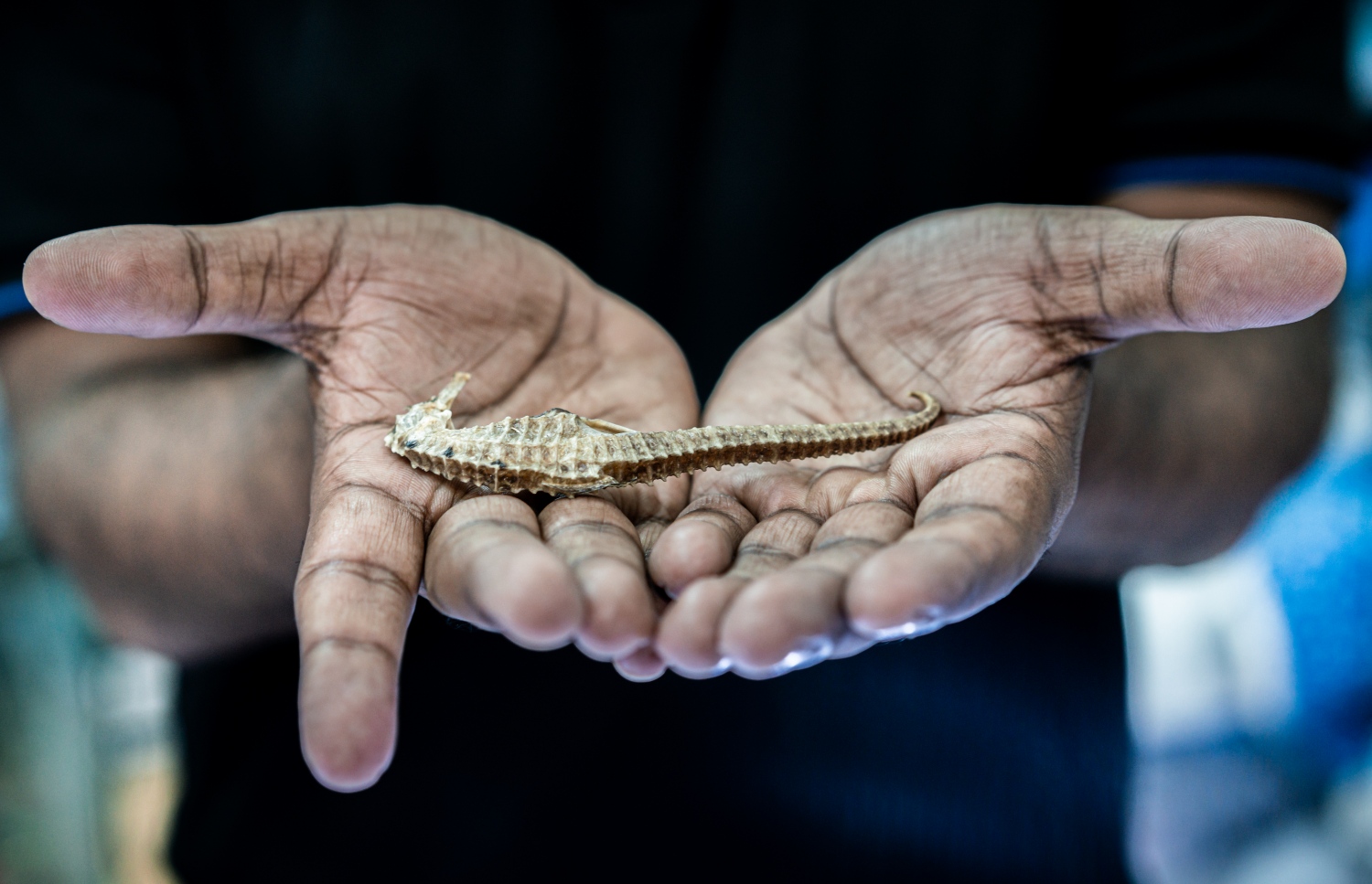
A shopkeeper shows off an unidentified species of seahorse that was reportedly caught on a seagrass meadow in the Maldives. Seahorse species in the Maldives have been poorly documented and it is not known what species are being exploited. Worldwide, seahorses are taking a hard hit in the Chinese medicine trade because of their false claims to have ‘viagra-like powers’.
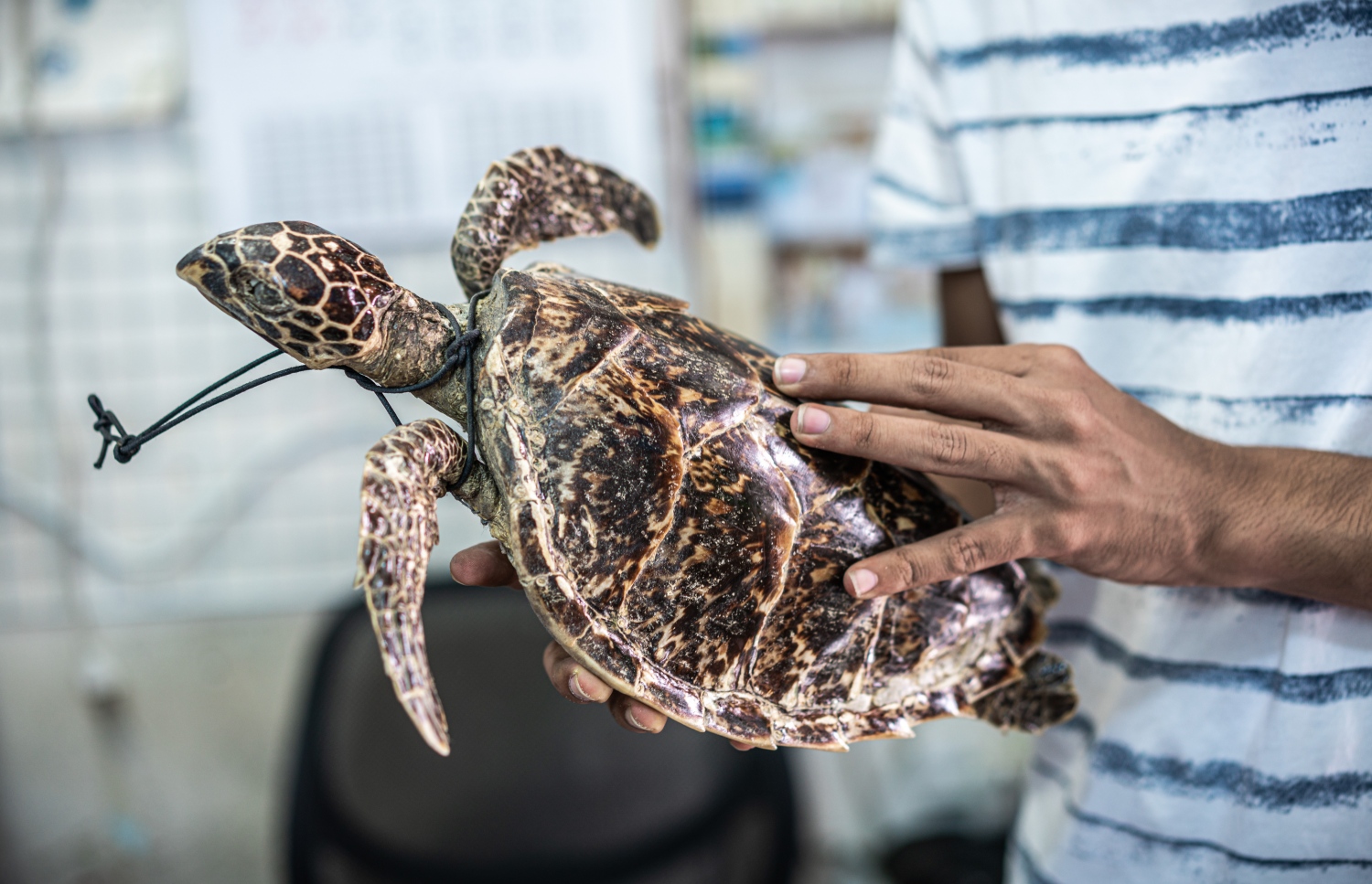
Considered the world’s rarest sea turtle species, the trade in hawksbill sea turtles is largely considered the main reason for their major decline to an estimated 8000+ individuals globally. The Maldives is believed to be the most important feeding grounds for the Indian Ocean population. Given their significant declines and importance to the Maldives' tourism industry, since 1995 the Maldives government has taken a strong stance legislatively on the protection of sea turtles by introducing a law by prohibiting the catch, kill, export, or sale of turtles in the Maldives. Five of the seven shops investigated, more than 70%, sold hawksbill turtle products. The sale of whole hawksbills, shells and their jewellery at shops in plain sight across the city highlights the government’s failure to implement the most prominent of environmental laws.
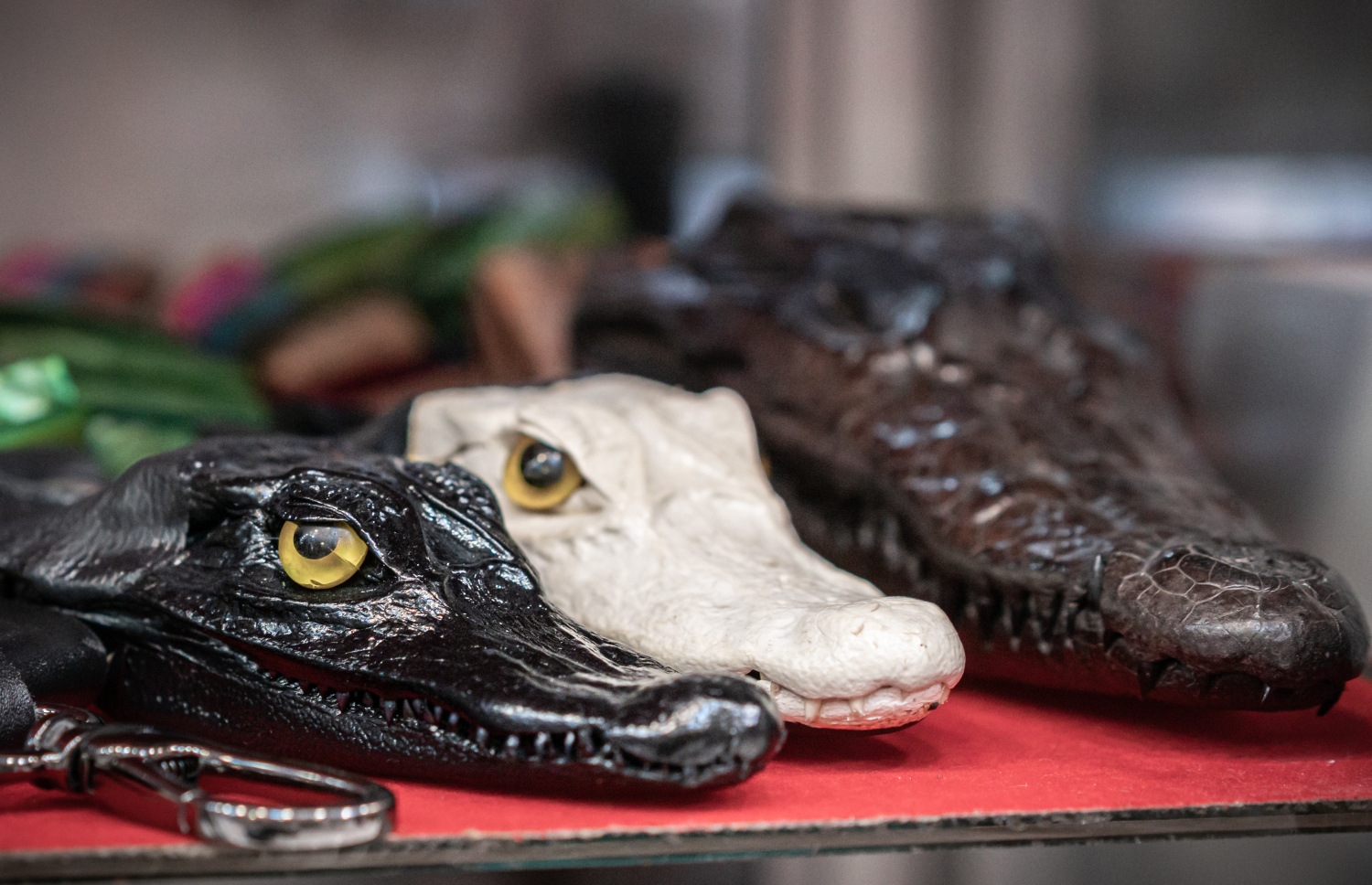
Unknown species of crocodile and alligator for sale. Shopkeepers were unclear about where the heads were imported from, with some saying Indonesia.
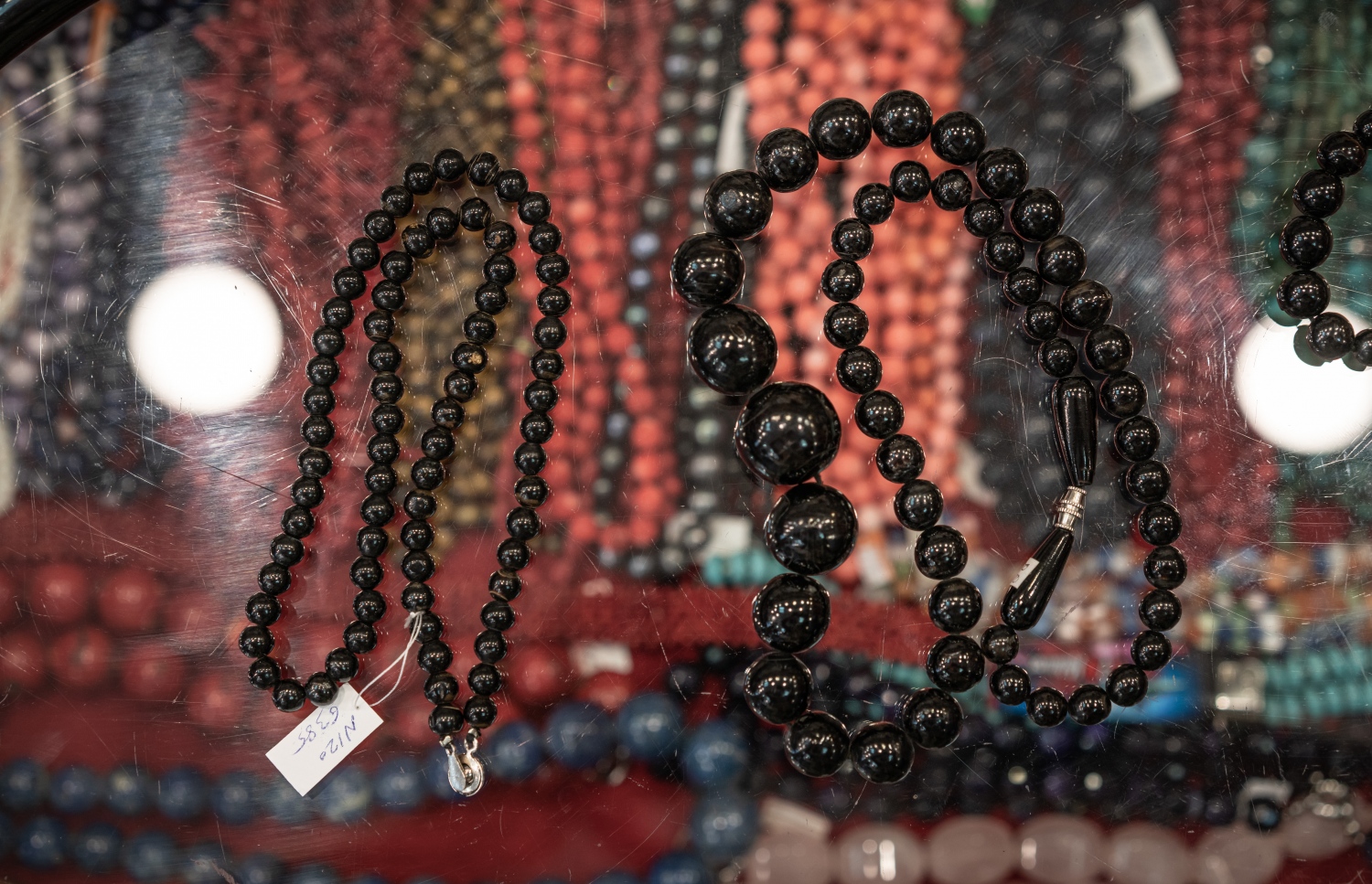
Black coral jewellery or in its raw form was available in every shop investigated. Black coral (Antipatharia) is listed under Appendix II of CITES preventing export unless granted a permit. Found only in deep water and becoming increasingly rare in the Maldives, black coral fetches a high price in the tourist market. Catching, killing, collecting, or extraction of black coral has been prohibited in the Maldives since 1995.
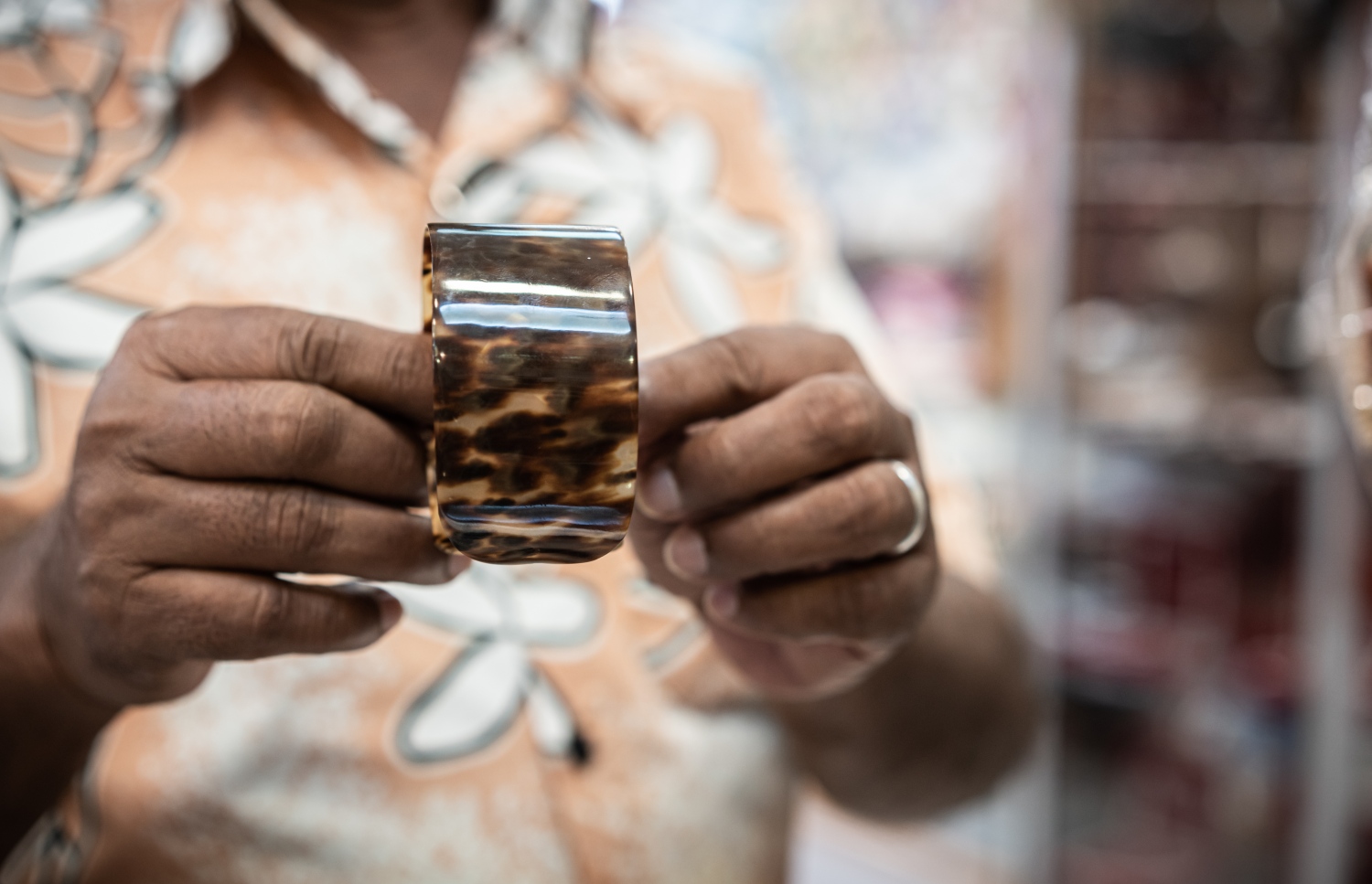
An example of a bracelet made from the shell of a hawksbill sea turtle. The shells are reportedly soaked in warm water, making them easy to mould into jewellery. Most of the shopkeepers said that their stocked turtles were taken from the Maldivian population.
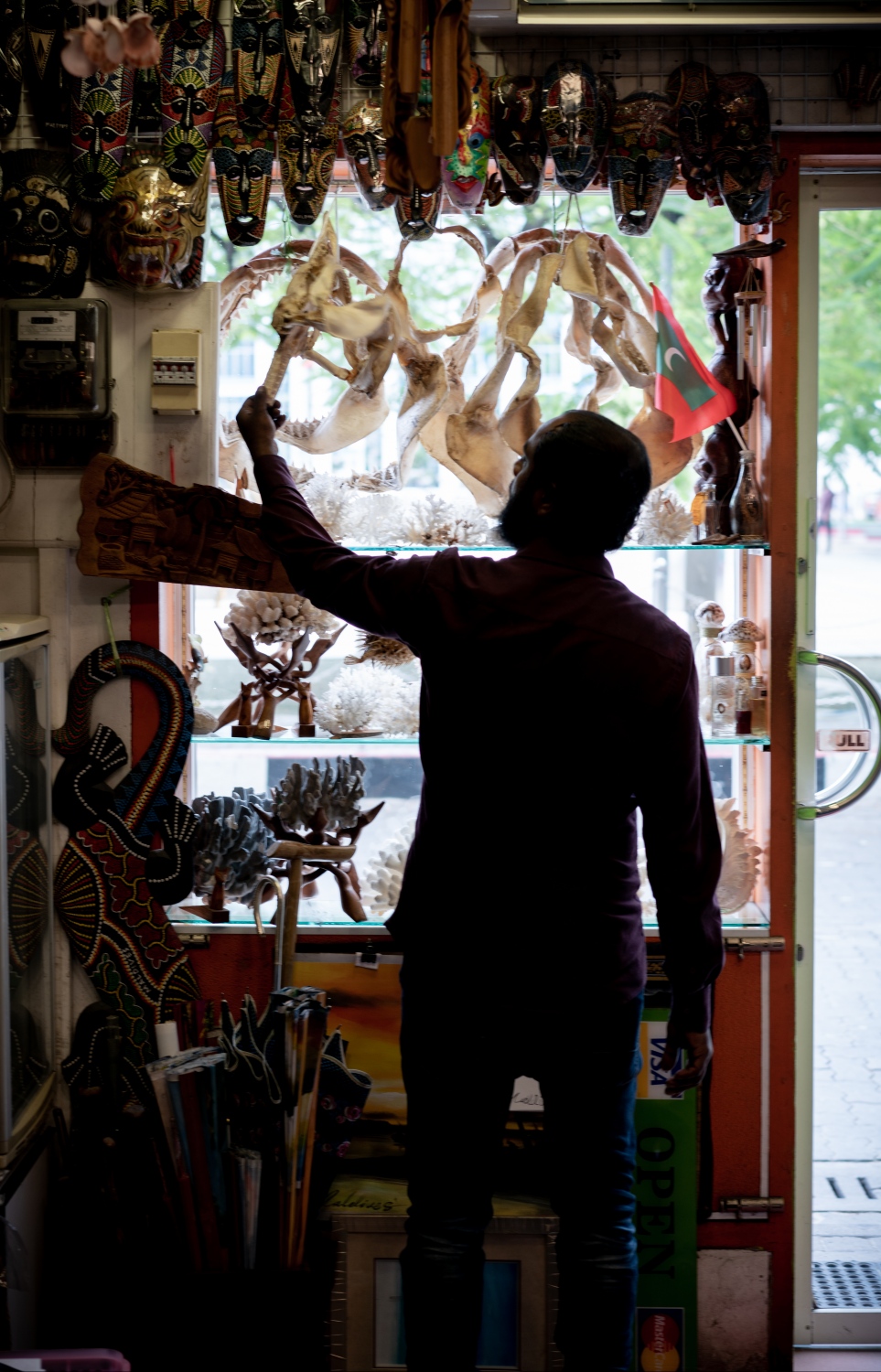
A shopkeeper looks over his collection of shark jaws, many of which were said to be from the Maldives. A lack of an import law in the Maldives, along with tiger and blue sharks not listed under CITES, allows many shopkeepers to claim that the jaws were imported. Illegal shark fishing observed by scuba divers is thought to strengthen claims that jaws and teeth on sale at tourist shops are from the Maldivian shark population.
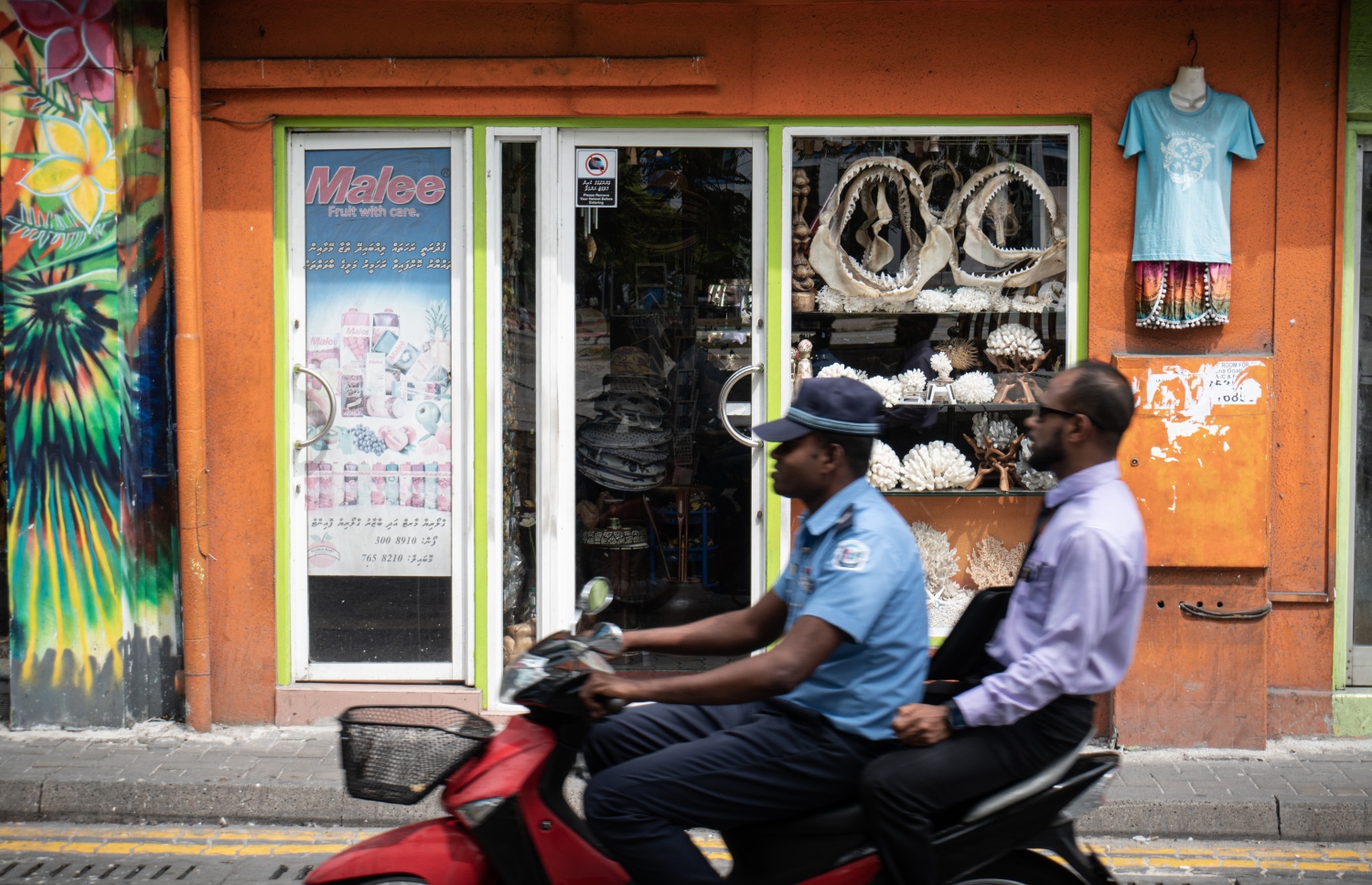
Police officials driving past one of the many tourist shops in the capital. Authorities are clearly turning a blind eye to the trade.
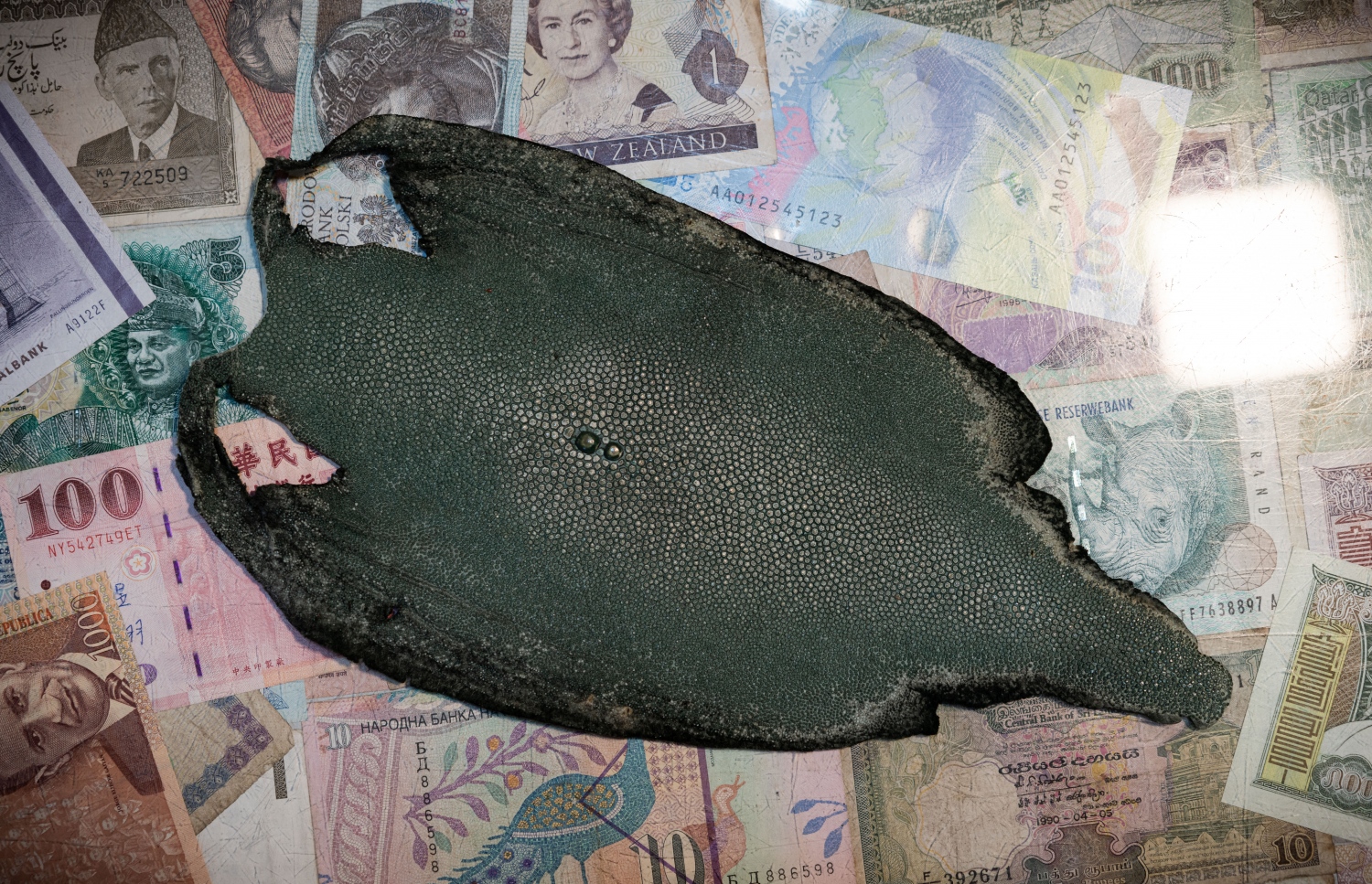
Stingray skin, or shagreen, in its raw form ready to be processed into an accessory such as a handbag. The capture, killing, injury to, and sale of all species of rays and skate (Batoidea) has been illegal in the Maldives since 2014. Whole stingrays or shagreen products are commonly for sale in the shops.
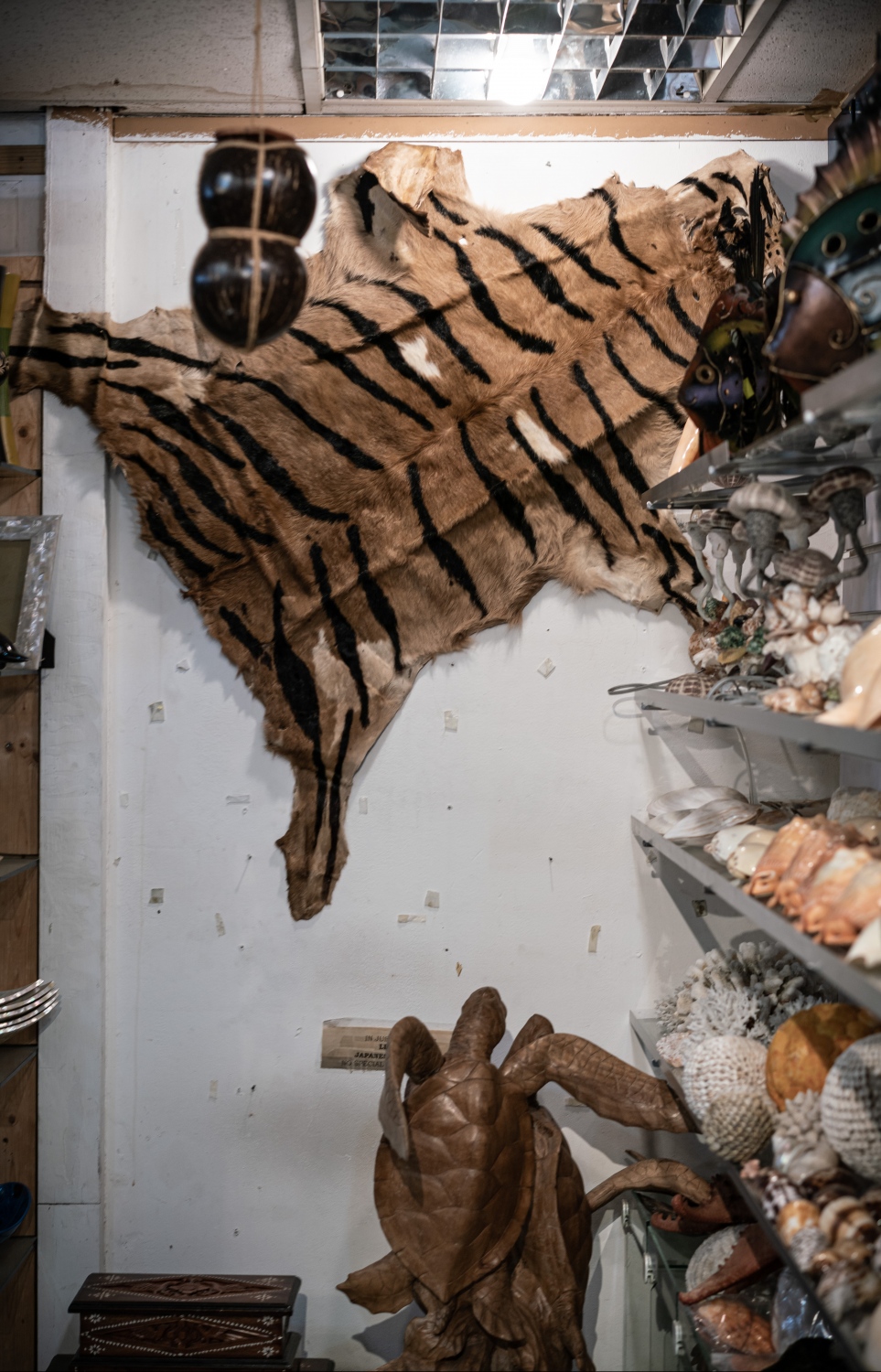
Tiger and cheetah pelts were found in some shops; evidence that more elusive items are available in some shops. Not all of the cities’ stores were explored; therefore it’s likely that many more exotic products are for sale across the city.
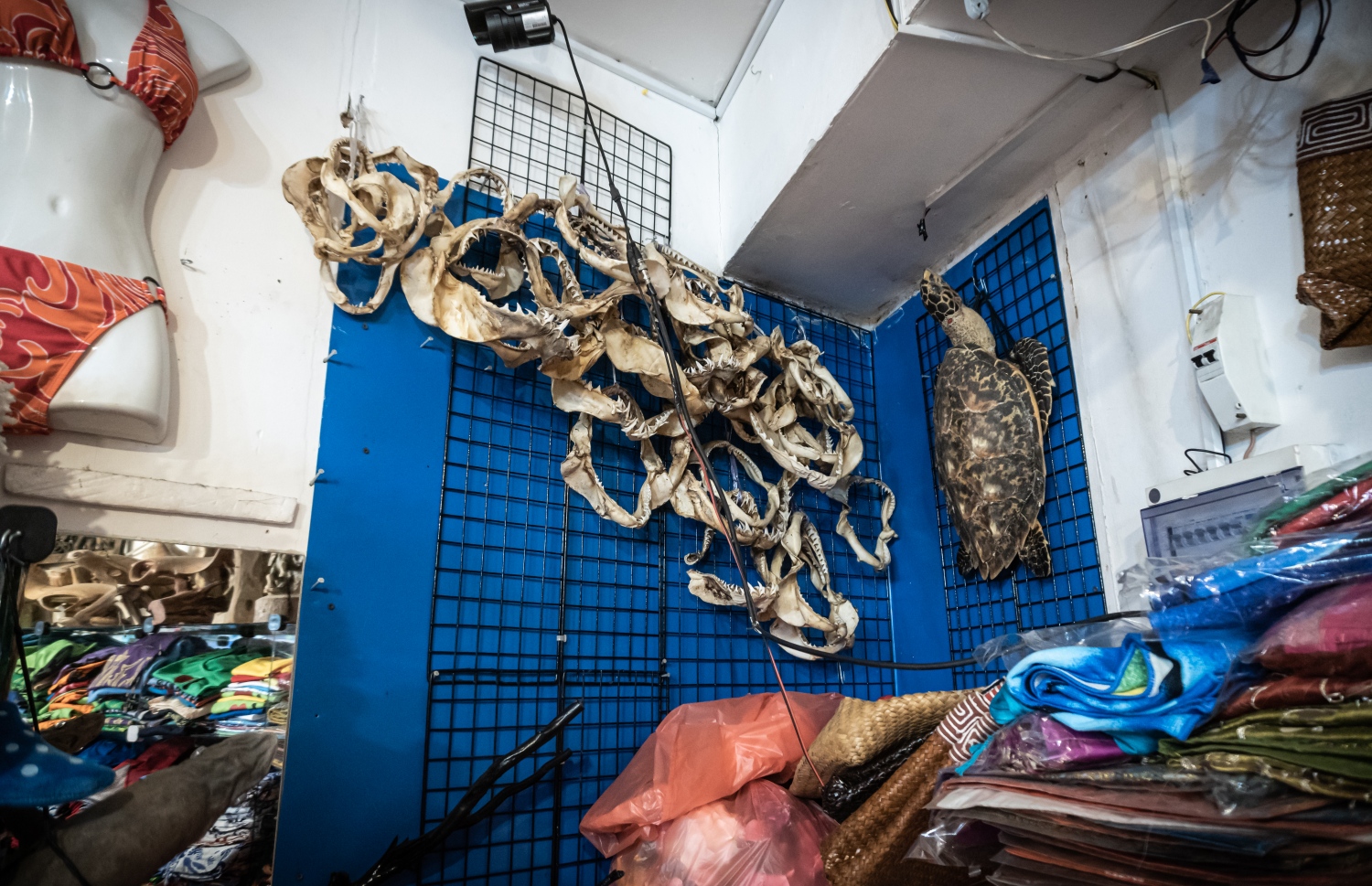
A range of shark jaws and a hawksbill sea turtle for sale. The vast majority of shark jaws and turtles can be seen by anyone who walks into a store.
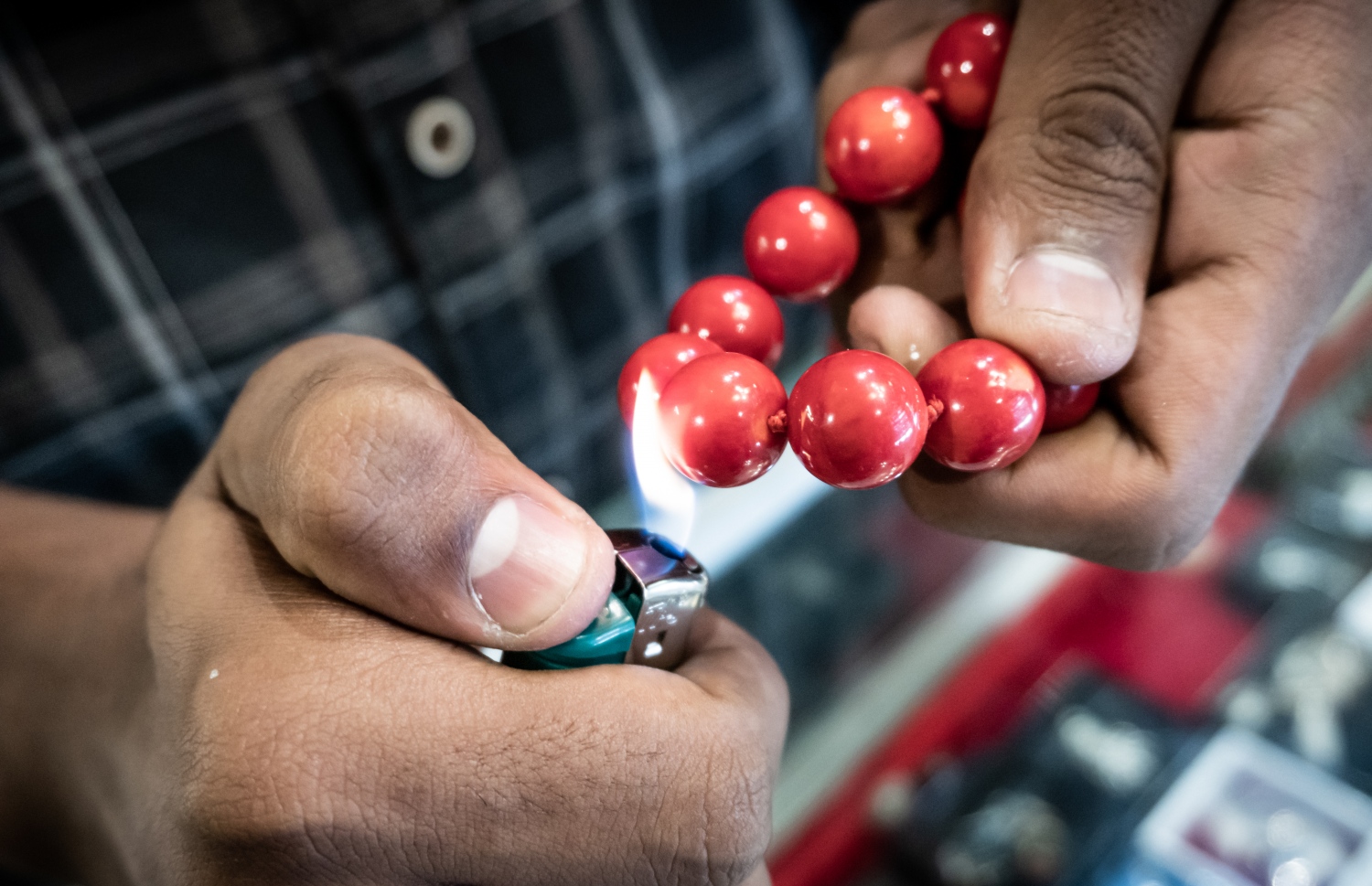
A shopkeeper burns a red coral necklace to prove its authenticity.
